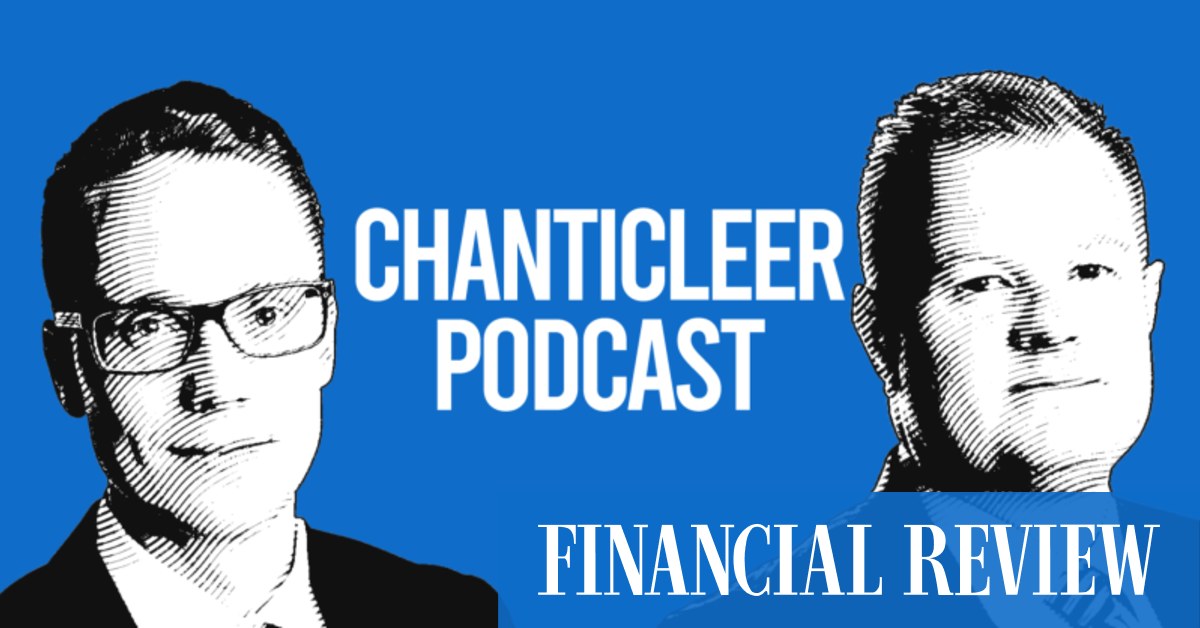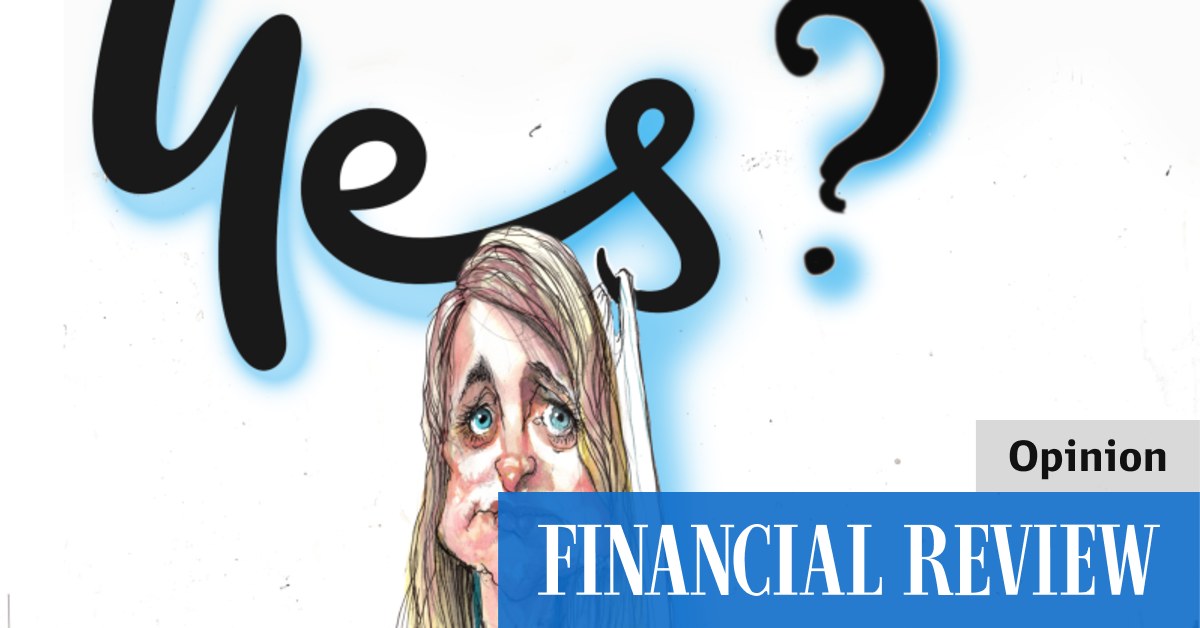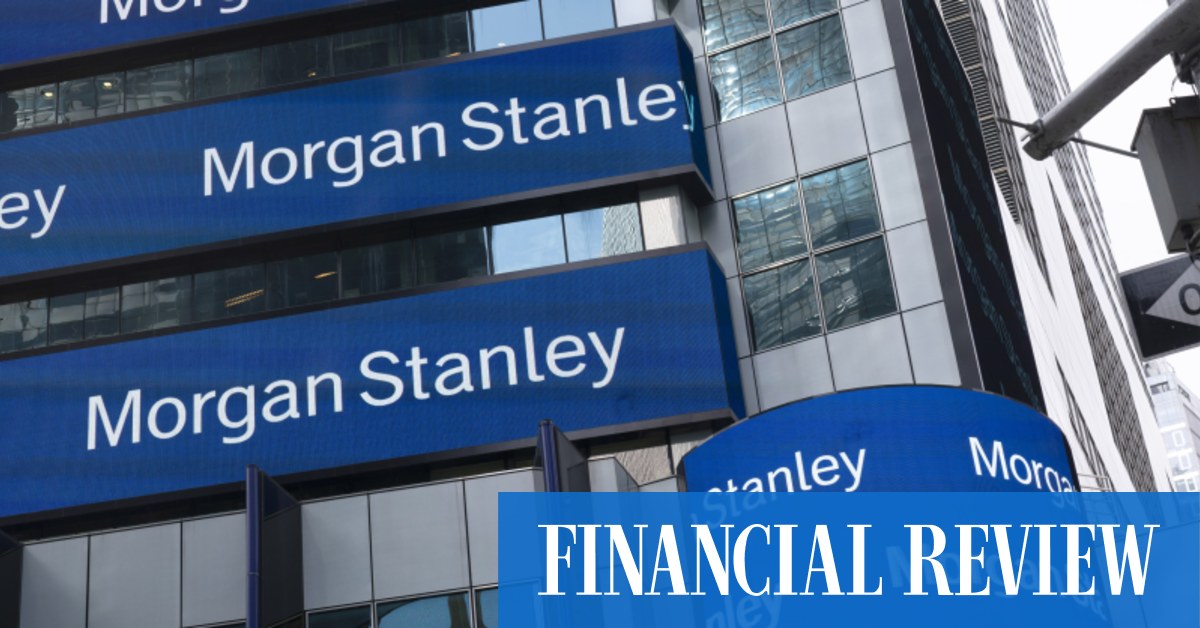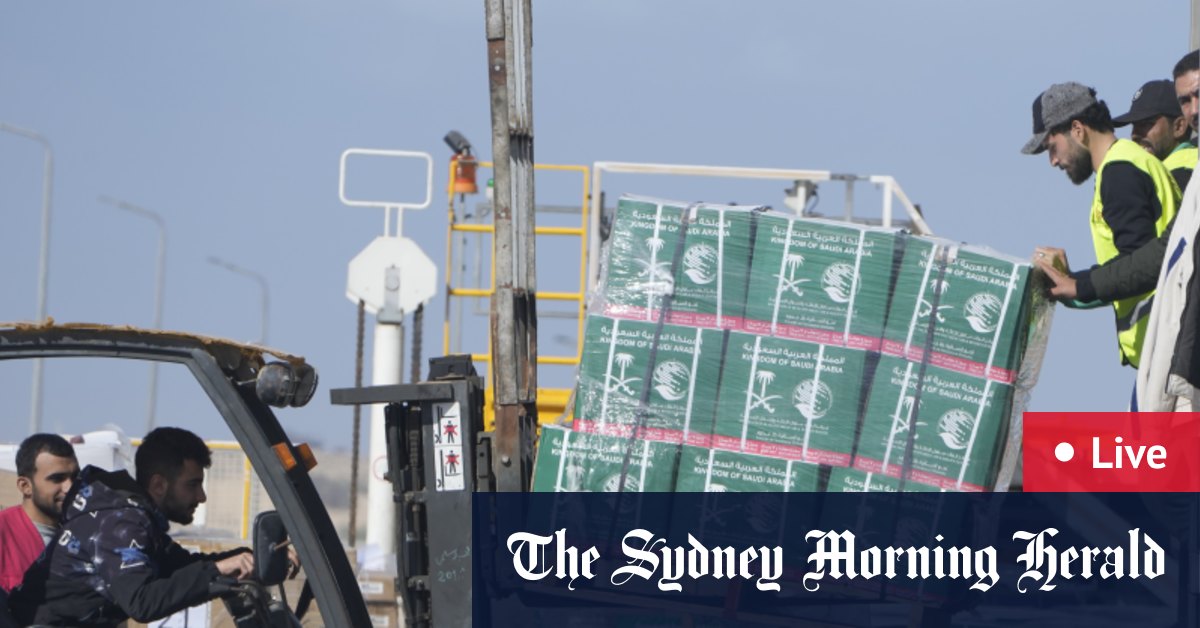But it’s funny how they all stopped to listen to the one guy who is the bomb thrower. [Wall Street investor Dan Loeb] has become a real icon of markets. For not just telling the truth … but also the way he goes about it and that’s throwing spears at management teams, boards, threatening spills, all that sort of stuff.
He started out with $3.2 million in his fund, of which $300,000 was his the rest was just from family and friends … and now he’s turned into a big name on Wall Street. They’ve invested $US11 billion, and it sounds like he’s got an awesome art collection in his houses.
When he started out, he used to go pretty hard at companies and their CEOs and management teams and use quite derogatory language to describe them in letters.
Even though he’s the sort of guy that doesn’t do media interviews, those letters, always created a splash on CNN or Bloomberg – they found their way out there.
But he said he had to tone it back a bit over the years, as he went after bigger targets and made bigger bets. Perhaps he matured a little bit.
He still goes for companies and strategies, but it’s less personal in their attacks.
When he turns up these days, companies know who he is so instantly so they’re flooded with lawyers and bankers telling them how to react.
He understands that’s all part of the market, but he said companies do overreact … when sometimes you just want to have a sensible conversation.
He said he often wields the carrot and stick of proxy fights and board spills, but he hasn’t had to pull it in a while. So I think his targets get the message.
The big problem for Optus
James: [On Friday] Optus CEO Kelly Bayer Rosmarin was dragged before a Senate inquiry into the network outage last week.
This is happening in record time. Once upon a time, a company would stuff up and it might take months to get the CEO in front of the parliamentary committee. This has been a week.
Politicians have figured out that smashing a CEO who is in a bit of trouble is pretty good sport and pretty good for TV time.
Bayer Rosmarin did an OK job given that her interrogators were out for a bit of blood. I thought she handled it pretty well.
The big problem though, was Optus was asked, ‘have you done scenario planning around a mass outage like this?’. And they said, ‘Well, we’ve done some planning’. But basically, their answer was they thought an outage of this size and scale, where the fixed line network and the mobile network and the data networks are all taken out, was basically impossible.
I think that’s going to be the thing that resonates from this … [plus] how Optus handled or mishandled the communications. But it’s all going to come back to this question of, ‘did Optus plan enough, was there risk management strong enough?’ I think they’re the open questions that will remain, but it was fascinating viewing.
Banks at war
Anthony: The week started with ANZ chief executive Shayne Elliott declaring he would not apologise for aggressive mortgage pricing that he has pushed down the profitability of home loans across the sector.
But just a day later, Matt Comyn, the CEO of CBA, was accusing ANZ of bewildering pricing that is basically unsustainable.
The banks are usually very polite about each other, at least as far as talking publicly is concerned, but what happened here?
James: There’s a bit of pressure on Australia’s big banks, their profitability is under threat, they know that they’re always in the public gaze, and I think we’re seeing those two things bubble to the surface.
On Monday, we had ANZ’s profit result – pretty good profit result over the course of the year – but again, it’s the same story we’ve seen with all the banks the second half, which goes from March to the end of September, was very tough.
So ANZ has been out there writing some really cheap home loans, they want to gain market share fair enough, but the issue they’ve found is that their margins in the retail bank have really plummeted. They’re down about 33 basis points, which is a big fall – and their profitability in the retail bank was down about 17 per cent half on half.
These are big numbers in relatively large and stable banks. The problem is that it isn’t just affecting ANZ, it’s affecting everybody.
If you want to keep up with ANZ then all the other banks have to drop their pricing too. And what we’ve seen with CBA is they’ve decided to take a slightly different approach. They haven’t dropped their pricing as much. But as a result, they’ve lost loan volume and a little bit of market share for three months in a row. CBA is the biggest home loan bank, so this is really unusual for them.
[The big four banks] are always accused of acting as an oligopoly, but it is mortgage documents at 10 paces in this sector at the moment.
Listen to the full podcast to hear more investing tips from the Sohn conference and what to look for this week as the Origin Energy showdown looms.
Best of the Chanticleer column this week
Optus’ planning failure will hang over Kelly Bayer Rosmarin Optus boss Kelly Bayer Rosmarin told a senate inquiry the telco never believed an outage of the scale it suffered was possible, raising questions about its risk management.
The one debate this Macquarie infrastructure guru finds ‘nuts’ Ani Satchcroft says higher rates are making complex deals harder, and debates about the widening definition of infrastructure miss the point.
CBA says mortgage war caused largest margin hit in history at rival Most analysts believe the country’s biggest bank has no choice but to blink in the mortgage wars. But CBA boss Matt Comyn is standing his ground.
‘I won’t apologise for being aggressive’: ANZ boss stares down mortgage critics CEO Shayne Elliott insists he’s still generating good returns from mortgages despite aggressive pricing that has shaken up the market.
‘I know it sounds crazy’: Cathie Wood’s next big idea Cathie Wood has called several big themes driving markets this year. But the world’s most divisive investor says we’re thinking about AI in the wrong way.
Ninety seconds to doomsday? Five geopolitical risks for investors Strategist Hagai M Segal says conflicts in Europe and the Middle East are contained for now. But as he told the UBS Australasia Conference there other threats that investors need to watch.
This week in The Fin podcast, Europe correspondent Hans van Leeuwen and political editor Phillip Coorey discuss the Israel-Hamas conflict.



